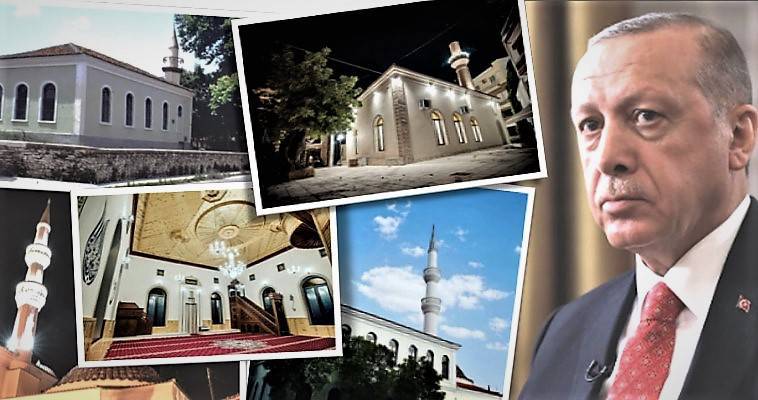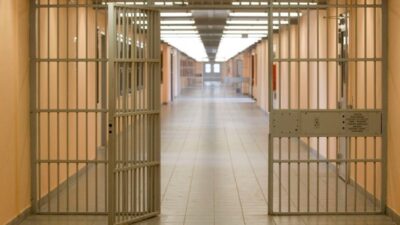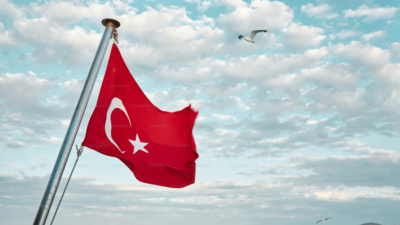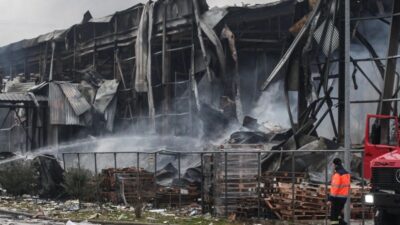Kostas Karaiskos: While Hagia Sophia is turned into a mosque, the mosques of Komotini, in Greece, are being renovated
16/07/2020
On the sad occasion of the conversion of Hagia Sophia in Istanbul into an Islamic mosque, an act that was in the pipeline for years and not isolated from the whole practice of Erdogan’s Turkey, it is worth bearing in mind what is happening in Greek Thrace, in relation to the mosques of the Muslim minority.
Not only because the Treaty of Lausanne provided for a connection between the fate of the two minorities (in practice there was never any correspondence), but also because it shows a cultural difference that goes unnoticed, even within Greece. In this article I will limit myself to Komotini, which is the capital of Thrace and the center of the presence and activity of minority citizens.
In the city there are about 20 mosques and mosques (ie small mosques without minarets), some older and some newer. It is worth noting that for twice the number of Christian inhabitants, the city has half the places of worship of which only one stands from the years of Ottoman rule (probably much further back). So what is the current situation of mosques in Komotini?
There is practically no mosque in the city that has not been partially or completely renovated in recent years. It was preceded by the Geni mosque, seat of the current legitimately recognized mufti of Komotini, which is probably the oldest in the city and is located in its old commercial center. It was renovated in 2008 internally and externally at the expense and care of the Management Committee of the Muslim Property of Komotini, which also carried out a relevant fundraiser.
It is the official, competent body supervised by the Greek State. In fact, the work was delayed for a long time by the complaints made by minority circles, close to the illegitimate Mufti Ibrahim Serif, as they lost the last arguments against the Greek state that “oppresses” the Muslim minority.
Eski mosque
The second most important mosque is the also central Eski mosque, which according to some is the oldest in the city (early 15th century), while it is assumed that it pre-existed as a Christian church of St. George. For this reason, during the first Bulgarian occupation (1913-1919) it was turned into a church. The main area has been preserved and three years ago its ornate minaret was reconstructed.
It is questionable why the current mufti still leaves the structure as some sort of self service mosque, refusing to appoint an imam to operate in such an iconic mosque which is coveted by the other side. It should be noted that this mosque was considered the seat and approximately the property of the circles of the Turkish consulate, until the current administration of the Management Committee of the Muslim Property of Komotini under Selim Isa took over and legality was restored.
The Greek mosques are being renovated
Spectacular work took place to renovate the Tabakhane mosque. Also very central, it was left to its fate due to the small presence of Muslims in the surrounding area. In 2017, its impressive renovation and promotion was completed. The Mahmut Aga Mosque, behind the city’s central park, was also completely rebuilt in 2015 (within a few weeks!) following a fire caused by an electrical short circuit.
Minor improvement interventions were made in the other mosques, mainly through fundraisers among the members of the minority society, but also with the revenues of the Management Committee of the Muslim Property of Komotini. This is what happened with the small mosque of Kesikbas on Egnatia Street, with the picturesque Sehrekoustos on Filippoupoleos Street, etc.
And one last thing worth noting: these mosques are being renovated or repaired, regardless of whether the local imam accepts the legitimacy of the official mufti and the administration of the Management Committee of the Komotini Muslim Property! A typical example is the imam at the Sehrekustu mosque, Orhan Bulbul, who a few days ago applauded on social media the conversion of Hagia Sophia into a mosque.And it is certainly not the only case. People who are selected and financed by the Serif’s circle, ie the Turkish Consulate in Komotini, practically questioning the legality in the State where they operate, not only do not suffer any inconvenience but also enjoy the benefits of the operation of legitimate institutions. This situation described above is described by some Turkophiles – not without remuneration, I imagine – in international forums as “religious oppression” by Greece!









